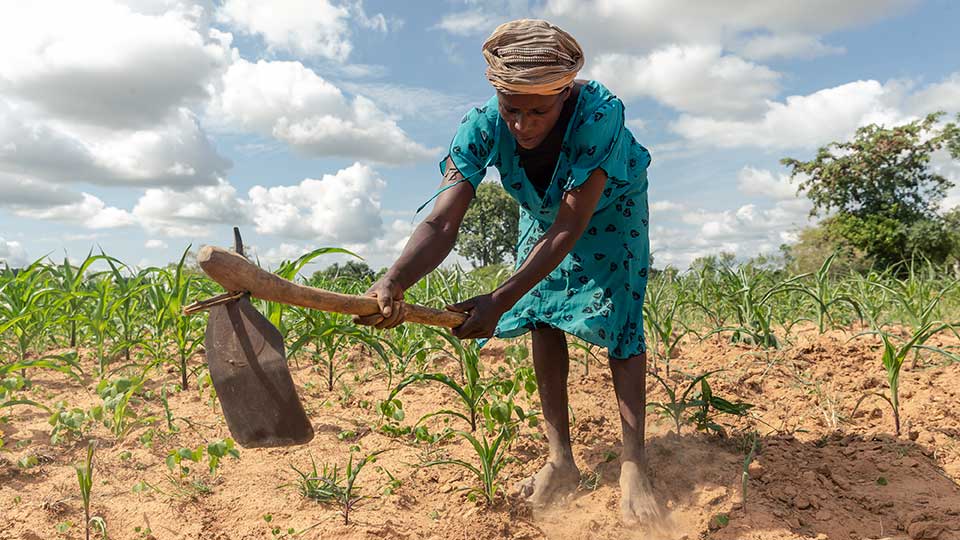BULAWAYO – Zimbabwe Commercial Farmers Union president Shadreck Makombe has bemoaned the recent increase in input prices and the ongoing power crisis which he said will reduce farmers’ capacity to produce crops during the 2022-2023 farming season and consequently lower the national yield.
In an interview with ZimLive, Makombe said high fertiliser costs will compel farmers to revise their targets downwards.
“Input costs, particularly fertilisers, are very high. This will affect productivity as most farmers who will have to go without using fertiliser. In turn, the expected output for the 2022-2023 farming season will be greatly affected,” he said.
Makombe said in addition to high input costs, electricity woes in the country were also affecting farmers in a big way.
“Load shedding is also affecting farmers who use irrigation. Farmers have to seek alternative means to keep their irrigation machinery working and this is expensive,” he said.
A random survey by this publication around Bulawayo indicated that a 50kg bag of top dressing fertiliser is pegged at US$65.
Last year, the same product was going for US$45 or US$50 depending on where one purchased it.
A 50kg bag of ammonium nitrate now costs US$55, up from US$40.
With the high costs, poor farmers in rural areas may not afford to boost their yields.
This comes after World Bank Group president David Malpass told African leaders at a US-Africa Summit that the global food, energy, and fertilizer crisis was taking a toll on developing countries.
“One key obstacle to food production in many developing countries is access to fertilizers, which enrich the soil with the nutrients needed for healthy crops.
“Sufficient primary raw materials – nitrogen, potash, phosphate, and natural gas – and fertilizer production facilities are essential to farmers across the developing world, but high fertilizer prices are blocking the 2023 and 2024 crop cycle,” he said.
Malpass said the rapid increase in gas prices has triggered the increase in fertilizer prices which have tripled in the past two years.
“Action needs to be taken now to maintain food production by making fertilizers more accessible and affordable,” he added.
In efforts to improve access to fertiliser to many farmers, the Zimbabwe government has set up a US$14 million fund to boost the production sector.
















